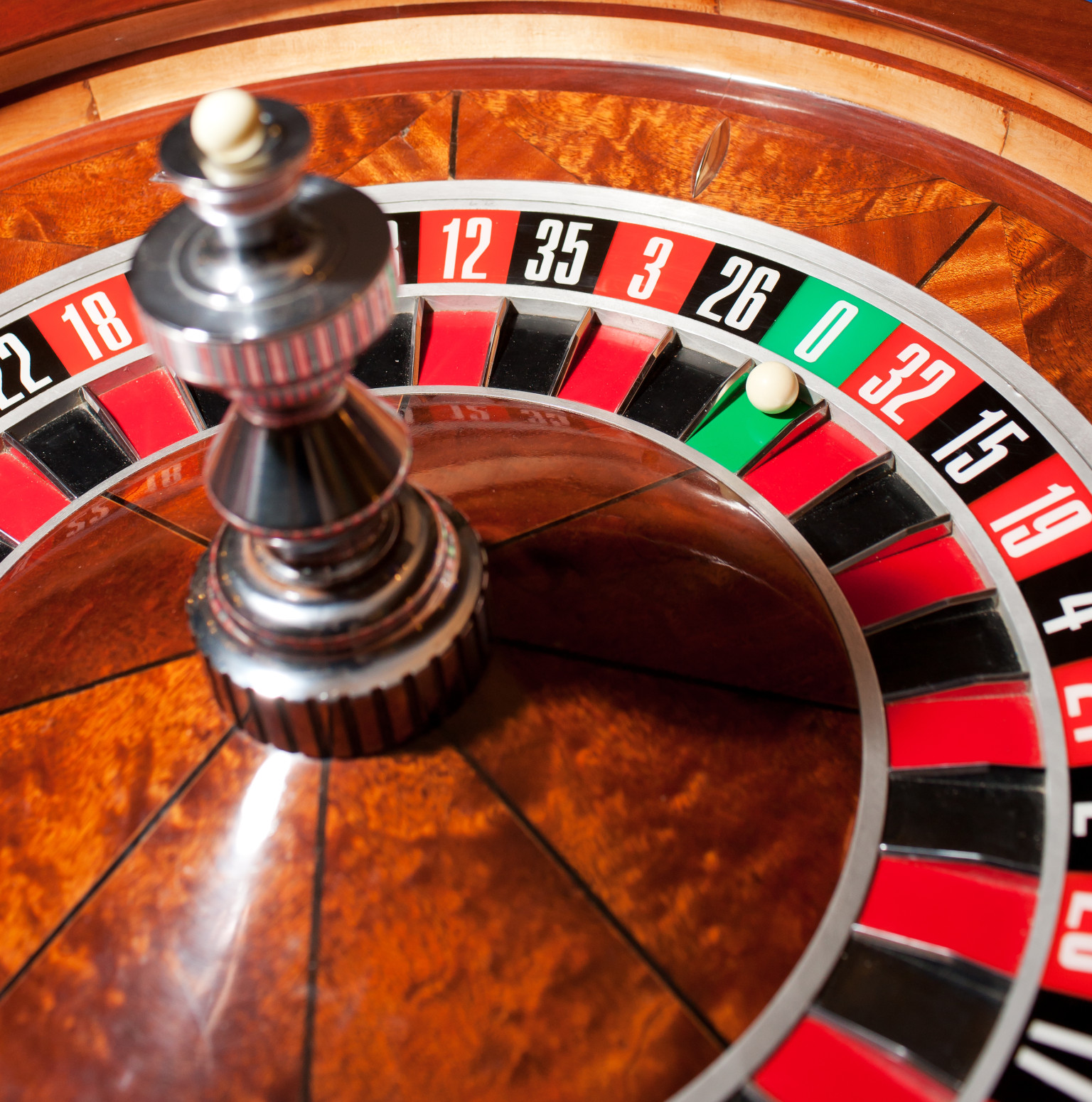A Enigma of Gambling Game Beliefs

In the world of gambling, in which chance and strategy meet, a unique tapestry of beliefs manifests—one that intertwines luck, fate, and the enigmatic nature of casino games. Casinos, bustling with excitement and anticipation, are not just spaces for placing bets; they are also arenas in which superstitions thrive. From the novice player to the seasoned gambler, these mysterious practices often shape how individuals approach the games they play, holding the belief that their actions can influence the outcome in ways that go beyond mere probability.
As players gather around roulette wheels, blackjack tables, and slot machines, the atmosphere is thick with stories of lucky charms, rituals, and codified behavior that defy logic yet provide a sense of comfort. Whether it’s wearing a specific outfit, following a particular sequence of bets, or even avoiding certain numbers, the attachment to various superstitions reflects a deep-rooted desire to control the uncontrollable. This article delves into the captivating world of casino game superstitions, exploring the beliefs that both entertain and mystify those who dare to play.
Historical Beginnings of Superstitions
Gambling games have long been connected with an array of superstitions that can be traced to early societies. The origins of these ideas can be linked to humanity’s fundamental wish to control the unpredictable outcomes connected with fortune and chance. In ancient civilizations, games of uncertainty were often connected to spiritual practices. Gamblers would invoke blessings or seek favor from spirits, believing that their actions could affect the odds in their advantage. This groundwork laid the foundation for the variety of superstitions that proliferated as betting evolved over time.
During the medieval age, betting became a widespread pastime across the continent, and with it, a diverse tapestry of superstitions emerged. Players adopted various rituals and charms, believing they could change the results of games. The significance of digits, in particular, emerged to appear in superstitions pertaining to card games and dice. The number seven was often considered favorable, while various numbers carried bad connotations. These notions mirrored the cultural contexts of the time, adapting as they moved through generations and transformed to different gaming environments.
As gambling houses developed in the seventeenth century, particularly in Italy and the French nation, the atmosphere surrounding betting became imbued in enigma. The growing accessibility of casino games allowed for the dissemination and variation of superstitions among players. Concepts like charmed charms, designated seating arrangements, and rituals gained importance, creating a unique culture within gambling establishments. As these practices continued to thrive, they became integral to the essence of gambling activities, illustrating how history and society shape the notions that influence how players engage with chance.
Common Gambling Superstitions
Superstitions surrounding gambling games are abundant and varied, reflecting the dreams and anxieties of gamblers as they engage in random games. One of the most common views is that certain digits bring luck or bad luck. For example, the number seven is often seen as a favorable number, frequently embraced by gamblers looking for a positive outcome. Conversely, the digit 13 is routinely considered unlucky, leading many gamblers to avoid it during their gaming periods.
A common belief relates to practices that players believe can affect their chances. It could be blowing on the dice before a throw, using a specific gesture to place a bet, or even wearing particular items of attire, many individuals feel that these rituals can sway luck in their favor. These rituals offer a sense of power in an otherwise random environment, strengthening the idea that luck can be manufactured through individual convictions and customs. j88
Lastly, the ambiance and vibe of the casino itself adds to superstition. Many gamblers suggest that the presence of specific symbols, such as four-leaved clovers or fortunate tokens, can enhance their chances of success. Additionally, players might hold to the belief that victory streaks can be halted by mundane occurrences, such as someone walking past or a accident at the table. The shared atmosphere in a gambling house can amplify these beliefs, creating a communal culture of myths that transcends single experiences.
Impact of Superstitions on Players
Superstitions play a important role in the psychology of gamblers, often influencing their behavior and choices. Many gamblers think that luck can be influenced through different rituals, such as donning a talisman, selecting specific colors, or avoiding certain numbers. This reliance on superstitions can create a sense of control in an environment that is intrinsically unpredictable. Players often feel more confident and involved when they believe that their actions could sway the result of a game in their advantage.
The influence of these superstitions extends past individual players, affecting the overall atmosphere within the casino. For instance, a player who believes in the luck of a certain slot machine might attract a crowd, as onlookers are intrigued by their apparent success. This shared belief can heighten excitement and create a lively environment, leading to an interesting experience even for those who may not necessarily be superstitious. The excitement around certain games can lead to increased participation and extended playing sessions, supporting the casino’s lively social scene.
In some instances, superstitions can lead to harmful effects for players. Depending too much on rituals can result in bad gambling decisions, as some may ignore basic strategies in favor of baseless beliefs. Additionally, the pressure to perform rituals may increase anxiety and stress levels, detracting from the enjoyment of the experience. Ultimately, while superstitions can enhance the excitement of playing casino games, they can also lead to unwise choices that overshadow the fun and amusement intended in the casino experience.
